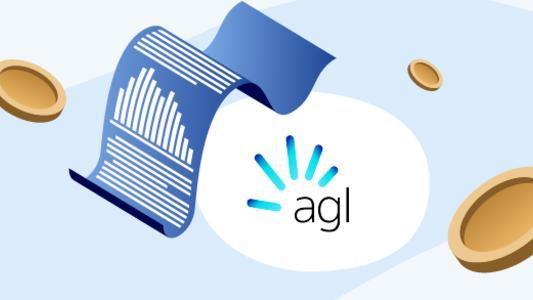
AGL Payments and Billing Methods

AGL Payments and Billing Methods

AGL Rewards: Customer Loyalty with AGL
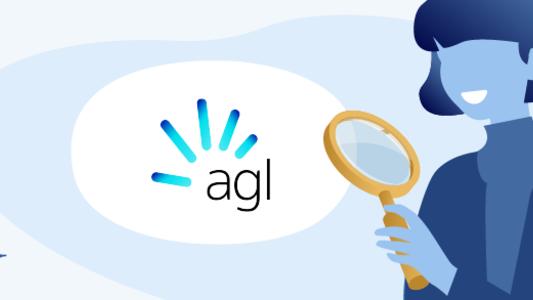
AGL Review: Is AGL Energy Any Good?
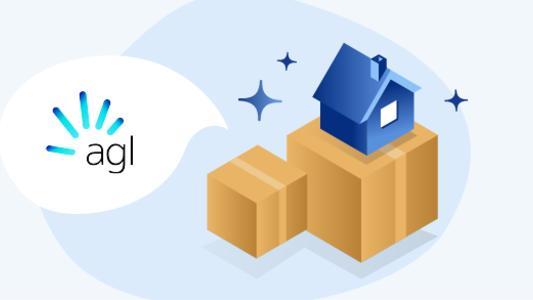
AGL Moving House Guide: New Connections and Disconnections

Origin Energy LPG Bottled Gas
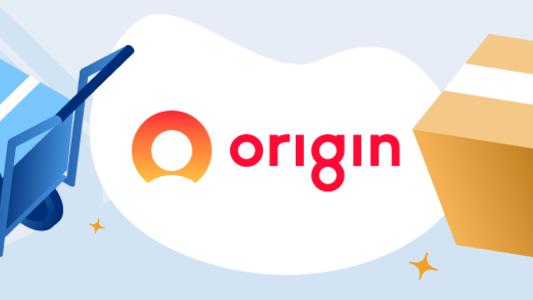
Origin Moving House & Origin Connect
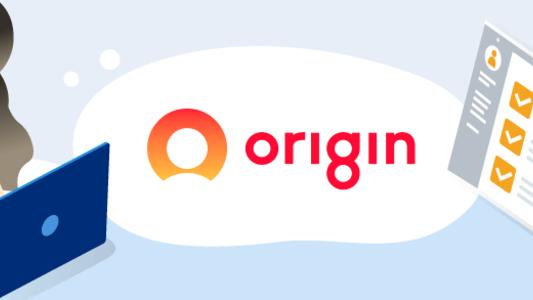
Origin Energy Review: Is Origin Any Good?
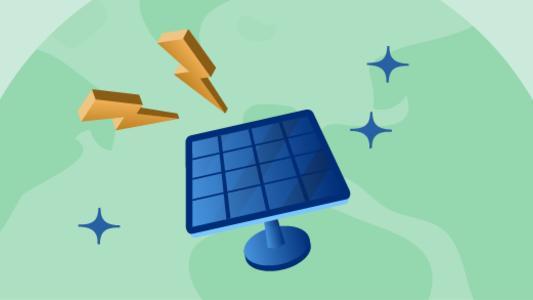
STC Solar Rebates: Small Scale Technology Certificates – 2024

The Do Not Call Register Australia: For Unwanted Energy Calls
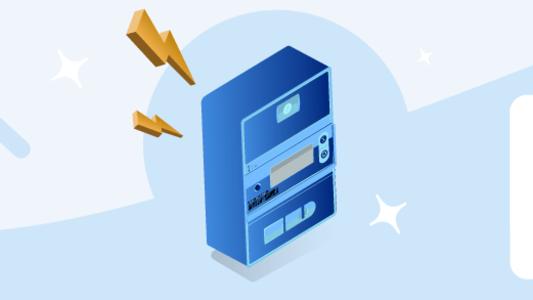
Explained: How Smart Meters Work - Is a Smart Meter Worth It?

South Australia Concessions & Government Energy Rebates

Qld Electricity Rebates & Gas Rebates | Full List of 2023 Qld Energy Rebates

Solar Panels: Cost, Installation & Rebates - Explained

Power Outages in Australia: Who to Call During an Outage

Biomass Energy and Biogas in Australia

Heating a Home in Australia | Heater Types & Cost
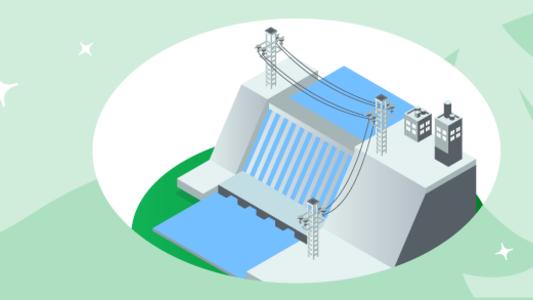
Hydroelectricity & Hydropower in Australia

Wind Energy, Wind Turbines, and Wind Power in Australia

Contact Amaysim Energy by Phone, Email, or Online

Air Conditioners & Energy Efficient Ways to Keep Cool
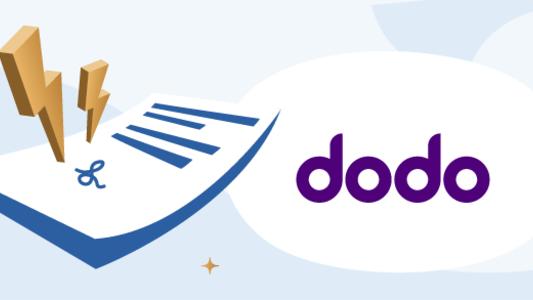
Dodo Contact | Call Dodo at 1300 299 513 to Switch

Energy & Water Ombudsman Australia | Ombudsman in Your State
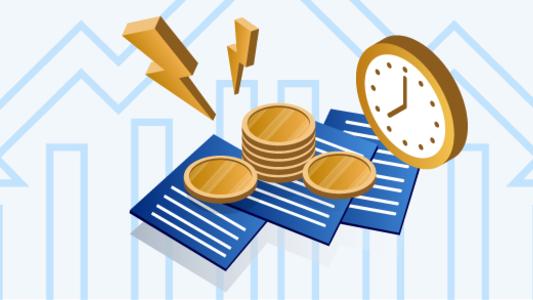
Reduce Your Electric Bill - 10 Reasons Why Your Bill is High

Powershop Contact | Call Powershop at 1300 560 964
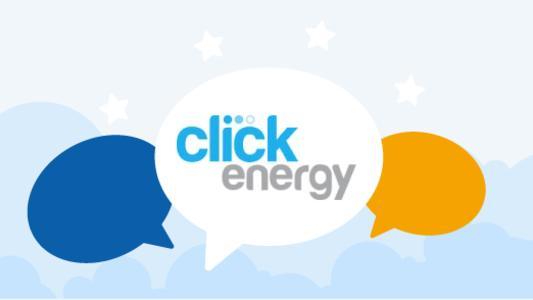
Click Energy Contact: Phone, Email, and Postal Address